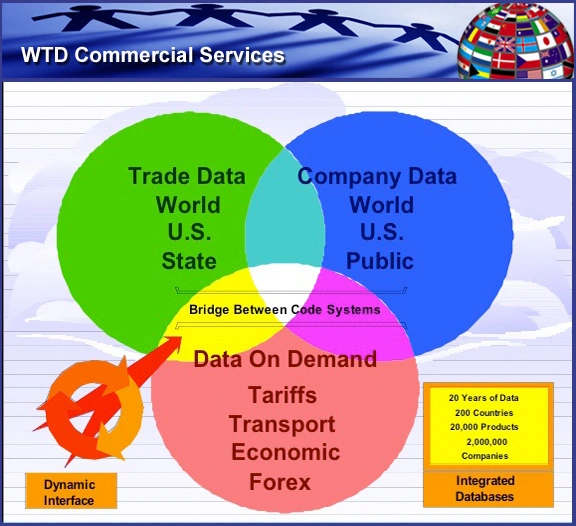The Pet Healthcare Market. A downloadable podcast. Emily Woon, Head of Pet Care Research, discusses the pet healthcare market and the challenges faced by the pet healthcare industry, with topics addressed such as:
- The overall performance of Pet Care in recent years
- The largest markets for Pet Healthcare products
- Challenges to Pet Healthcare manufactures, including educating pet owners on preventive healthcare
Spirits in India: How Can One Country Eclipse an Entire Region? India’s rising star has been casting an increasingly heavy shadow over the spirits category, gradually eclipsing established regional powerhouses in the process. Beyond the still labyrinthine legislative environment and the minefield of the country’s chaotic tax regime, the Indian spirits market has been expanding rapidly on the back of favourable demographic trends, aspirational consumers and the rapid growth of an indigenous middle-class. According to Euromonitor International’s latest research, the Indian spirits market overtook its increasingly tired looking Western European counterpart in 2010 and is on course to overtake Eastern Europe as early as 2014.
The Benefits and Disadvantages of Stevia for Soft Drinks in Europe. Another downloadable podcast:
Ivan Uzunov, Senior Research Analyst at Euromonitor International discusses the impact of the European Union’s recent approval of the natural sweetener Stevia. Uzunov focuses on how the soft drinks market in Europe is using Stevia since the approval. Learn about:
- The history of the approval of Stevia by the European Union
- The advantages of Stevia for soft drink manufacturers
- Which soft drink companies are using Stevia
- The disadvantages of using Stevia
 The Challenges and Prospects of a Seven Billion Global Population. On 31st October 2011, the UN announced that the global population had broken the seven billion people barrier, ushering a new age of challenges and opportunities. Changing demographics, scarcity of resources and environmental issues are some of the challenges of an expanding human race, while rapid urbanization and expanding consumer markets present opportunities. The previous milestones had come in 1987 (five billion) and 1999 (six billion). The world median age rose from 28.0 in 2005 to 29.2 in 2010 driven by better healthcare, nutrition and rising living standards. However, greater numbers of the elderly stretch state finances and contract the labour pool.
The Challenges and Prospects of a Seven Billion Global Population. On 31st October 2011, the UN announced that the global population had broken the seven billion people barrier, ushering a new age of challenges and opportunities. Changing demographics, scarcity of resources and environmental issues are some of the challenges of an expanding human race, while rapid urbanization and expanding consumer markets present opportunities. The previous milestones had come in 1987 (five billion) and 1999 (six billion). The world median age rose from 28.0 in 2005 to 29.2 in 2010 driven by better healthcare, nutrition and rising living standards. However, greater numbers of the elderly stretch state finances and contract the labour pool.
An Undesirable Trend: The Global Outlook on Diabetes. The IDF estimates that in 2011 366 million adults (20-79 years) have diabetes. By 2030, the number is expected to increase to 552 million, or approximately 10% of the global adult population. Several million more are also at risk for developing the disease. Just as discouragingly, diabetes is becoming increasingly common in developing countries and regions previously less affected by the disease. In fact, 80% of diabetics live in low- and middle-income countries.
Post-Gaddafi Libya Offers Opportunities for Investment. The civil war in Libya negatively influenced the development of the travel and tourism industry in the country. However the end of the 42 year Gaddafi era brings both challenges and opportunities for the war -torn nation for travel agents and other tourism operators. In 2010 arrivals to Libya reached 1,245 thousand trips. The vast majority of arrivals were for leisure purposes accounting for 80% in 2010, as the country was only slowly opening up to the rest of the world for business. Pre – conflict, arrivals from Egypt and from Tunisia continued to dominate in 2010, accounting for 42% and 38% respectively of the total. Still not my first choice for a vacation.


 03/12/2011
03/12/2011 
























































































































































































































































































































































Comments are closed.